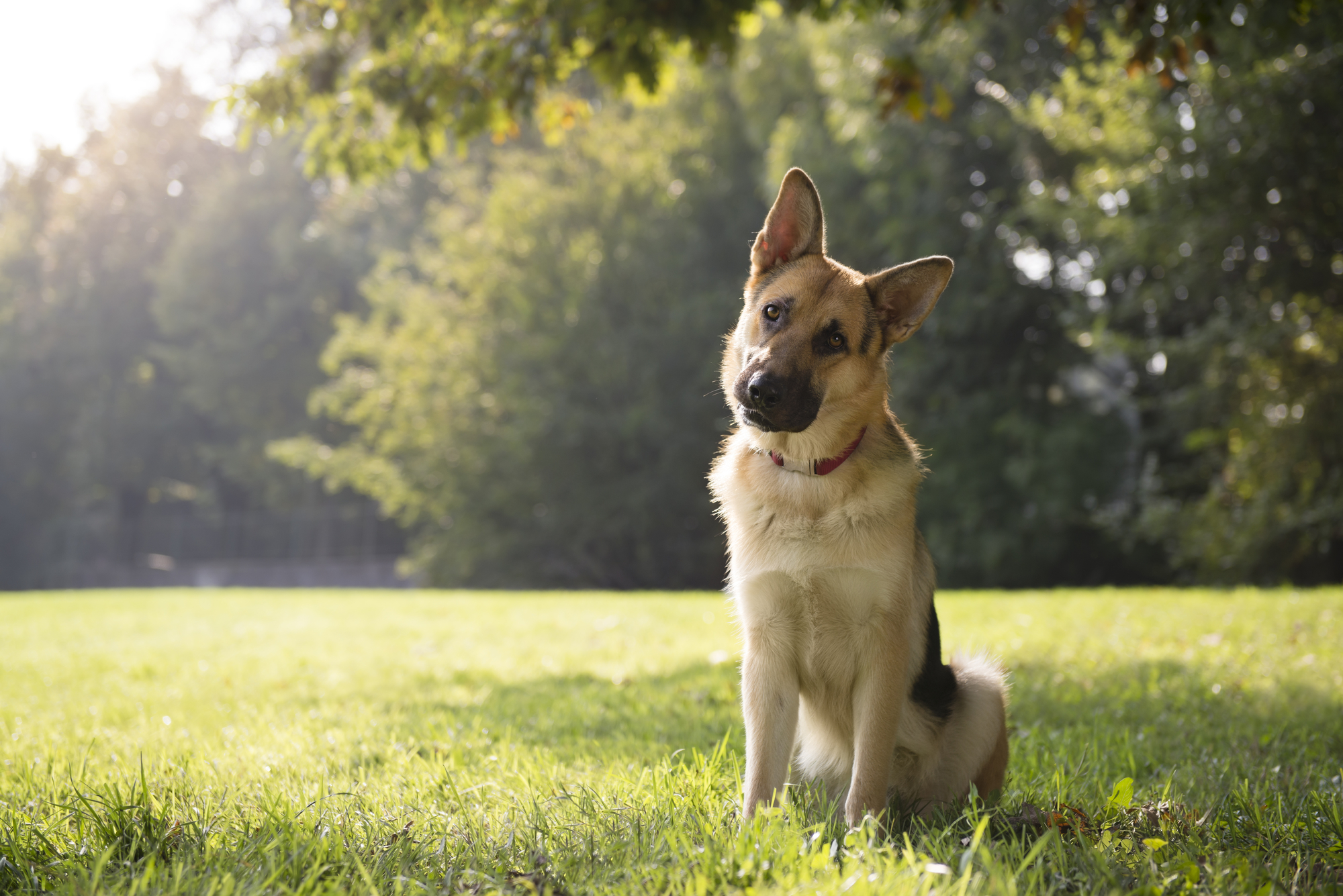What’s More Dangerous Than Chocolate For Your Dog?
Who doesn’t love walking in the door after a hard day and being greeted with unbridled joy and sloppy kisses? No, not your significant other! The real love of your life: Your dog(s). We love our fur babies and do all we can to keep them safe and happy. But sometimes those little rascals get into things they shouldn’t. Like your purse. Or goodies on the counter. Or the garbage can. And what they find can be life threatening. Especially products containing xylitol.
While most pet owners know chocolate, especially dark chocolate, is dangerous for dogs, many are unaware of the dangers of xylitol. Xylitol is a sugar alcohol, found in some plant tissues, commonly used as a sugar substitute in chewing gum and other products. Even though xylitol is considered safe for humans, I don’t use it in my recipes, as it can cause digestive distress. But it has been found to be deadly for dogs. Why? Simply because the human body processes xylitol differently from a dog’s body.
Blood sugar levels in both people and dogs are controlled when insulin is released from the pancreas. However, unlike people, when dogs ingest xylitol, it causes such a rapid release of insulin that blood sugar levels are quickly decreased, causing hypoglycemia. It’s recently been discovered that xylitol may also cause acute liver disease, coagulopathy, and acute hepatic necrosis in dogs.
According to the FDA, symptoms of xylitol poisoning include:
· Vomiting
· Weakness
· Lethargy
· Trouble walking
· Collapse
· Seizures
If your pet displays any of these symptoms, immediately call your vet or after-hours emergency number or the Pet Poison Hotline at 855-764-7661. Even if your dog isn’t displaying any symptoms but you suspect he or she might have eaten xylitol, still contact your vet. Although symptoms usually show up within 10-60 minutes, they can take up to 12 hours to appear.
The most common cause of xylitol poisoning is sugar-free chewing gum and candy, but the sugar substitute is also found in breath mints, baked goods, cough syrup, chewable vitamins, mouthwash, toothpaste, and peanut butter. Wait, peanut butter! Yikes, many of us give our pups peanut butter as a treat or to fool them into taking their meds. Not all peanut butter contains xylitol, but definitely check the ingredients on your brand.
Let’s do all we can to keep our best friends safe.

